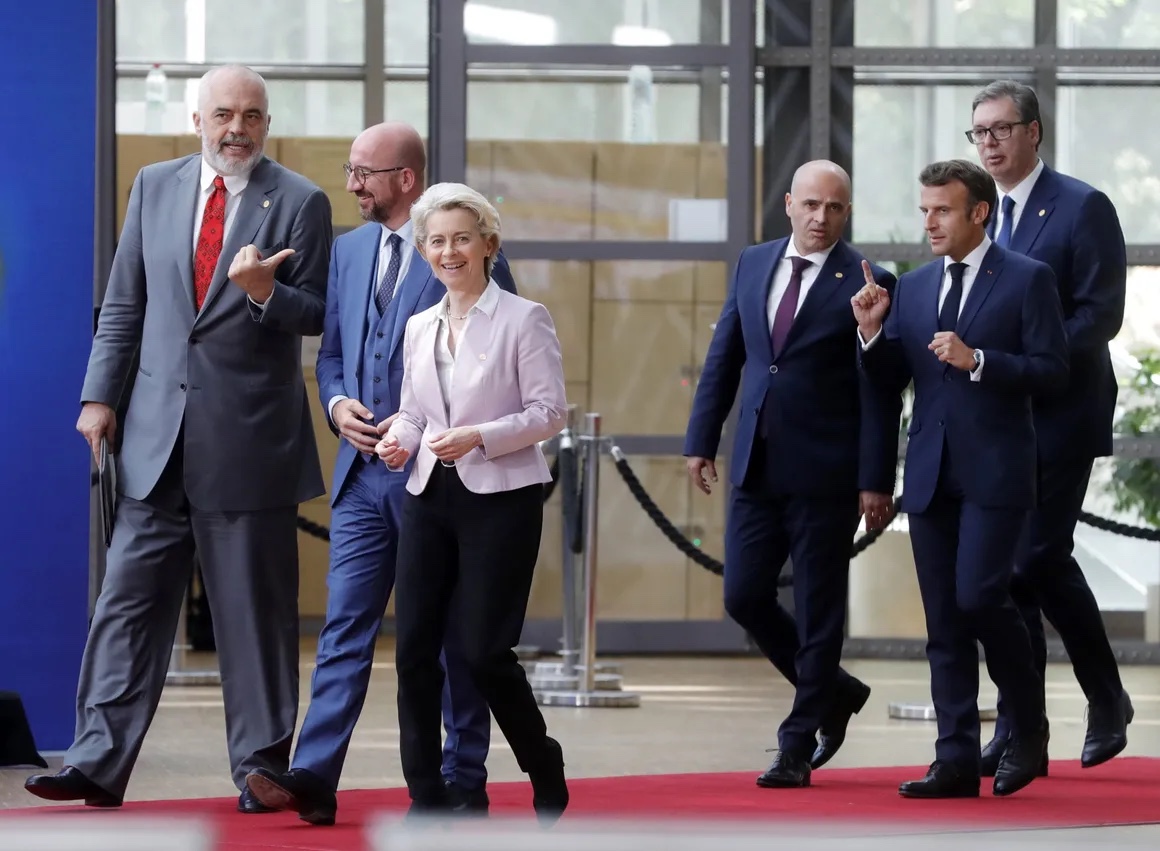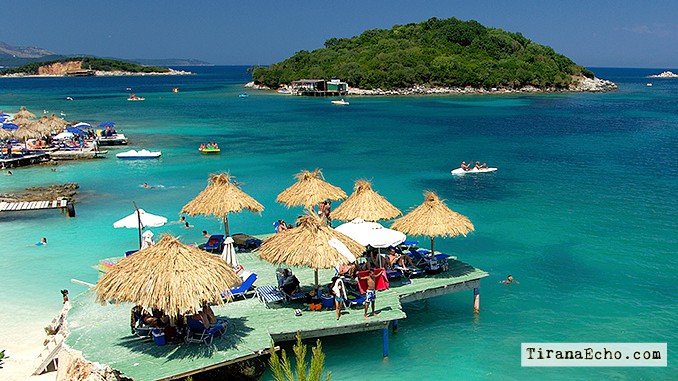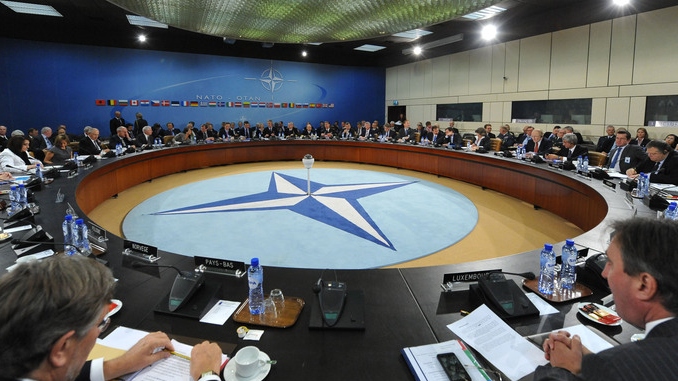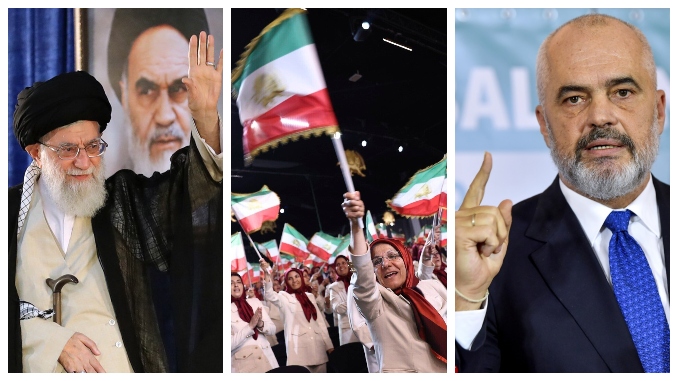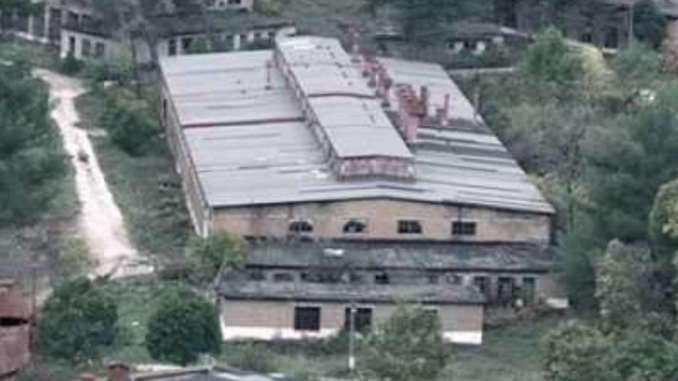Albanian Parliament approves milestone constitutional changes in favour of an open list electoral system
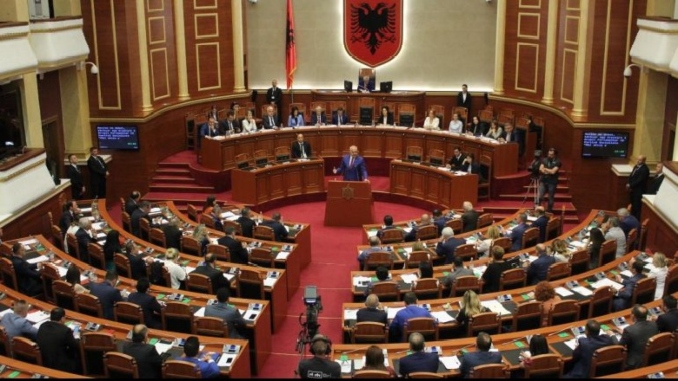
Tirana, Albania | 30 July 2020 (Tirana Echo) – The Albanian Parliament approved today crucial changes to the Constitution which pave the way for an open-list electoral system, a key demand of the parliamentary opposition MPs and widely supported by voters.
Changes need to be translated into the electoral code after the summer recess, however, this is a milestone step ahead of the country’s upcoming parliamentary elections in 2021 and a big win for those new MPs who entered parliament following the departure of the main opposition parties in 2019.
The National Assembly voted 106 votes in favor and 10 against the agreement reached between the majority led by the ruling party, the Socialist Party of Albania, and members of the parliamentary opposition, to amend Articles 64 and 68 of the Constitution of the Republic of Albania.
The Albanian Parliament currently has 122 acting deputies, out of a total of 140, following the relinquishing last year of mandates by opposition parties, the Democratic Party of Albania (DP) and the Socialist Movement for Integration (LSI).
The amendments mean that the next parliamentary elections will be conducted on an ‘open-list’ platform where voters are given the opportunity to choose a single candidate alongside their chosen political party.
Specific details on how the voting would work as well as decisions on the electoral threshold will be defined in the Electoral Code in September, which will require further negotiations at the committee level.
An open-list system has been a key demand of the so called ‘parliamentary opposition’ with several of its MPs arguing for months against the current party-oriented, fixed order list system.
The ruling socialists agreed to the demand of opposition MP’s and according to internal sources of TiranaEcho, in return, secured their vote in favour of removing the existing formula for pre-electoral coalitions which had resulted in problematic electoral calculations in the past.
Amendments were opposed by both opposition parties who left the parliament in 2019, DP and LSI, as well as by the country’s President Ilir Meta.
“Today’s act of unilateral changes of the Constitution by the Assembly with reduced legitimacy, are unconstitutional and unacceptable. The President of the Republic, as always, will be in charge of defending the Constitution, inalienable rights and the will of the citizens to take their fate into their own hands”, wrote President Meta on social networks.
However, during his speech at the parliamentary session, the Prime Minister of Albania, Edi Rama, who had earlier resisted the proposals, said that this vote is dignified and fully in line with international standards and according to him with the ambition to make Albania a more democratic country.
“Today, despite the many things that divide us, the common vote is in fact to be together on the right side of history, democratic development and the perfection of pluralism and on the right side of the Albanian people, of the Albanian voters to whom we give the opportunity to elect not only the party, but also the MP they want“, said Rama.
Speaking during the session, one of the key sponsors of the constitutional changes and prominent opposition MP Myslim Murrizi said this is only the first step forward and more needs to be done.
“The constitutional changes we approve today in favour of open lists are a step forward. Now we must move to depoliticise the electoral administration”, said Murrizi.
Mr. Murrizi who also chairs the parliamentary group of the democrats, added that this is an early dream of those anti-communist students who fought against the old regime in 1990, but whose dream was cut short abruptly by the party bosses in 2008.
Removing party appointed counting commissioners across electoral centres has been a key recommendation by the OSCE-ODIHR electoral mission in previous elections. Despite an Ad-Hoc Electoral Reform Committee active in Parliament, little has been done to address any of the recommendations and elections remain largely in the hand of political militants.
With today’s session being the last one of the summer, many others have expressed concerns over the sincerity of the ruling socialists in fully opening electoral lists.
Opposition member Ralf Gjoni who has also been a prominent MP advocating for electoral system change and a de-politicised electoral administration, said his earlier scepticism over the constitutional changes derived from his lack of trust in the ruling majority’s sincerity, and all remains to be seen in the coming weeks.
“At last we open up electoral lists, as one key demand of the parliamentary opposition. It is a step in the right direction and it is positive for the Albanian people. I would vote in favour of the changes if they are properly translated at the electoral code legislative level, but let’s not forget that the devil lies in the details and anything can happen in the near future”, said Gjoni during an interview.
It is unclear whether opposition parties which abandoned parliament a year earlier were secretly pleased or truly unhappy about the amendments. Several political pundits have pointed to a quiet winking of the eye between DP chair Lulzim Basha and Socialist PM Edi Rama.
However, in a statement to the media, the chairman of the Democratic Party, Lulzim Basha, said that “Unilateral changes without consensus with the opposition parties and in violation of the agreement of June 5 and January 14 are unacceptable, are not binding on the Opposition, and even more so little for the citizens.”
The last parliamentary elections held in 2017 were organized according to the proportional system with multi-member constituencies (with closed lists), a system which was in force since 2008 when both SP and DP joined forces to brutally change the constitution, giving party chairmen full control over candidates for parliamentary elections.
Albania suffers from endemic corruption and an autocratic style of party leadership where MPs are often seen as the chairman’s puppets rather than independent representatives at the legislative branch.
The EU and the United States expect Albania, a NATO member, to clean its act before it can join the European Union.
Last year, France, Denmark and the Netherlands bunkered together against the majority of EU member states in refusing to open membership talks for Albania and North Macedonia, arguing the two Balkan nations need more time to get ready and tackle corruption at home.
The next parliamentary elections in Albania are expected to be held in 2021, while the date remains to be set by the country’s President.
Copyright @2020 TiranaEcho.com | All Rights Reserved

